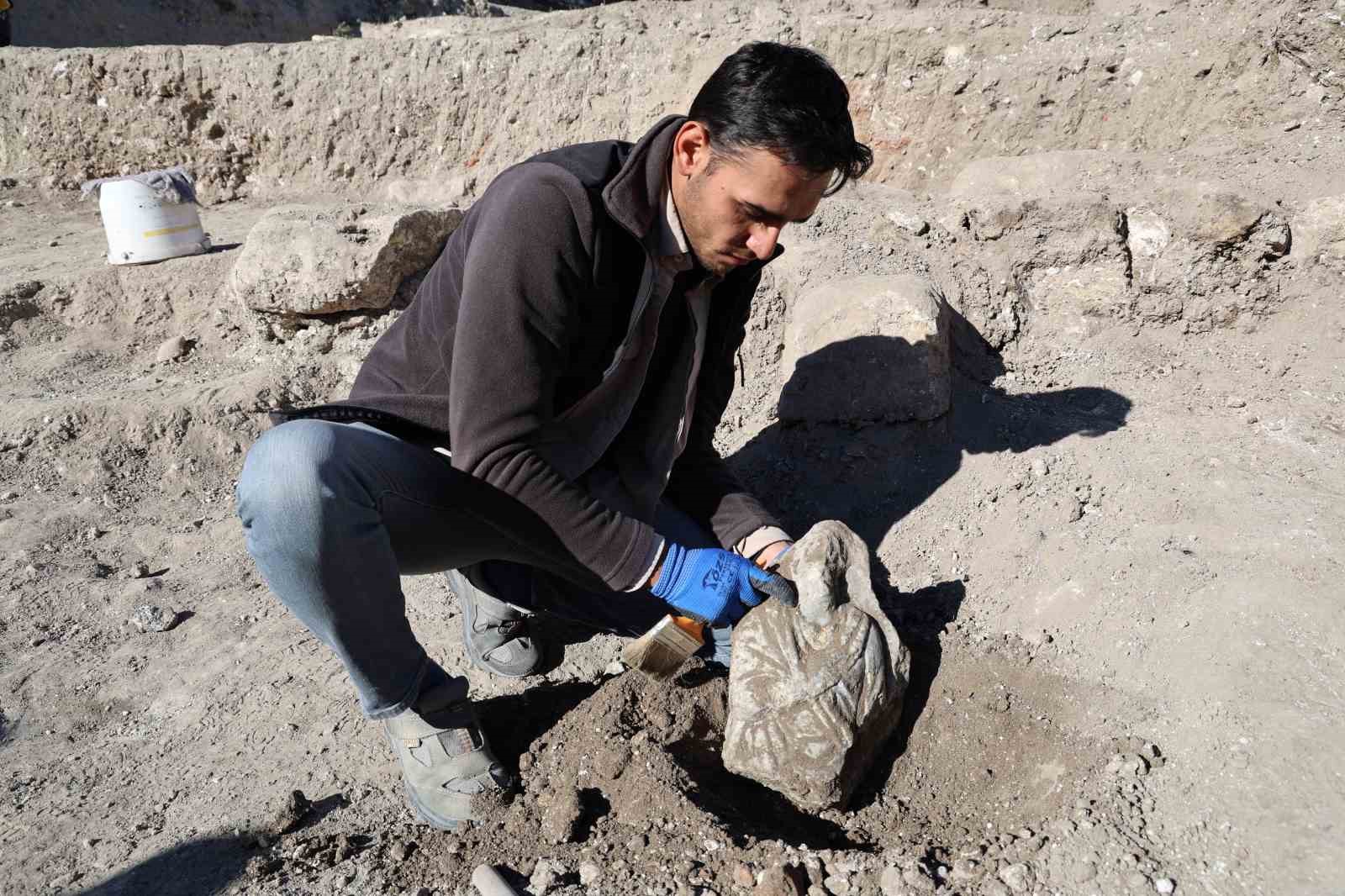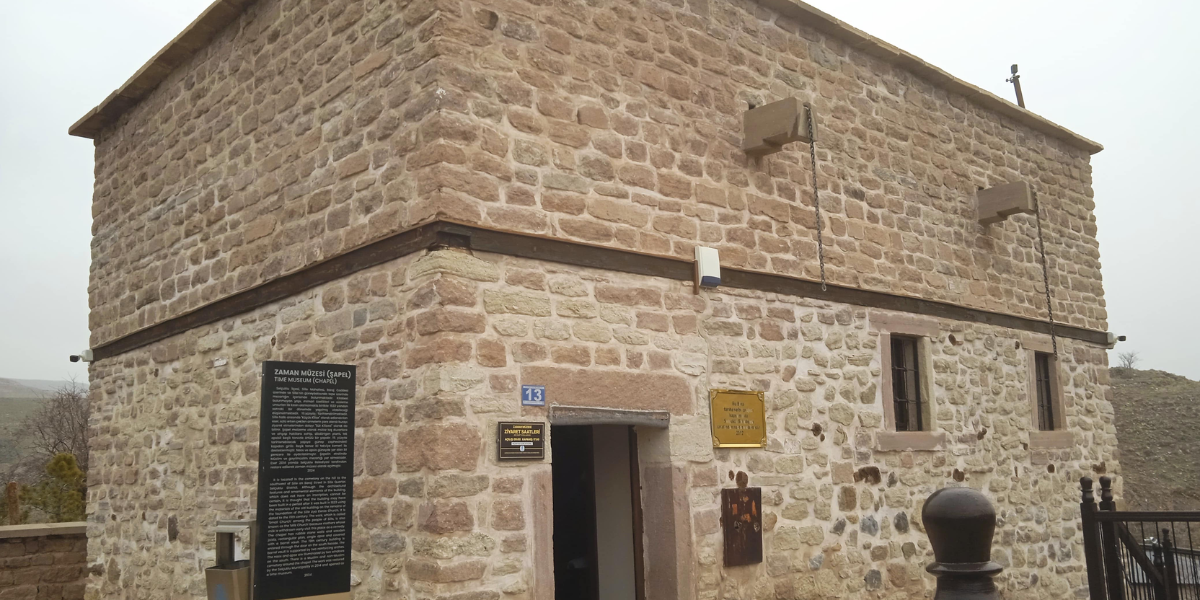
The Konya Time Museum, which holds the distinction of being the first and only time museum in Türkiye
The Konya Time Museum is Türkiye’s first time museum, which stops the flow of time and takes visitors on a journey into the past. The museum is located on a hill in the southwest of the Sille neighborhood in the Selçuklu district of Konya. Surrounding the museum are the graves of Muslim and Christian citizens
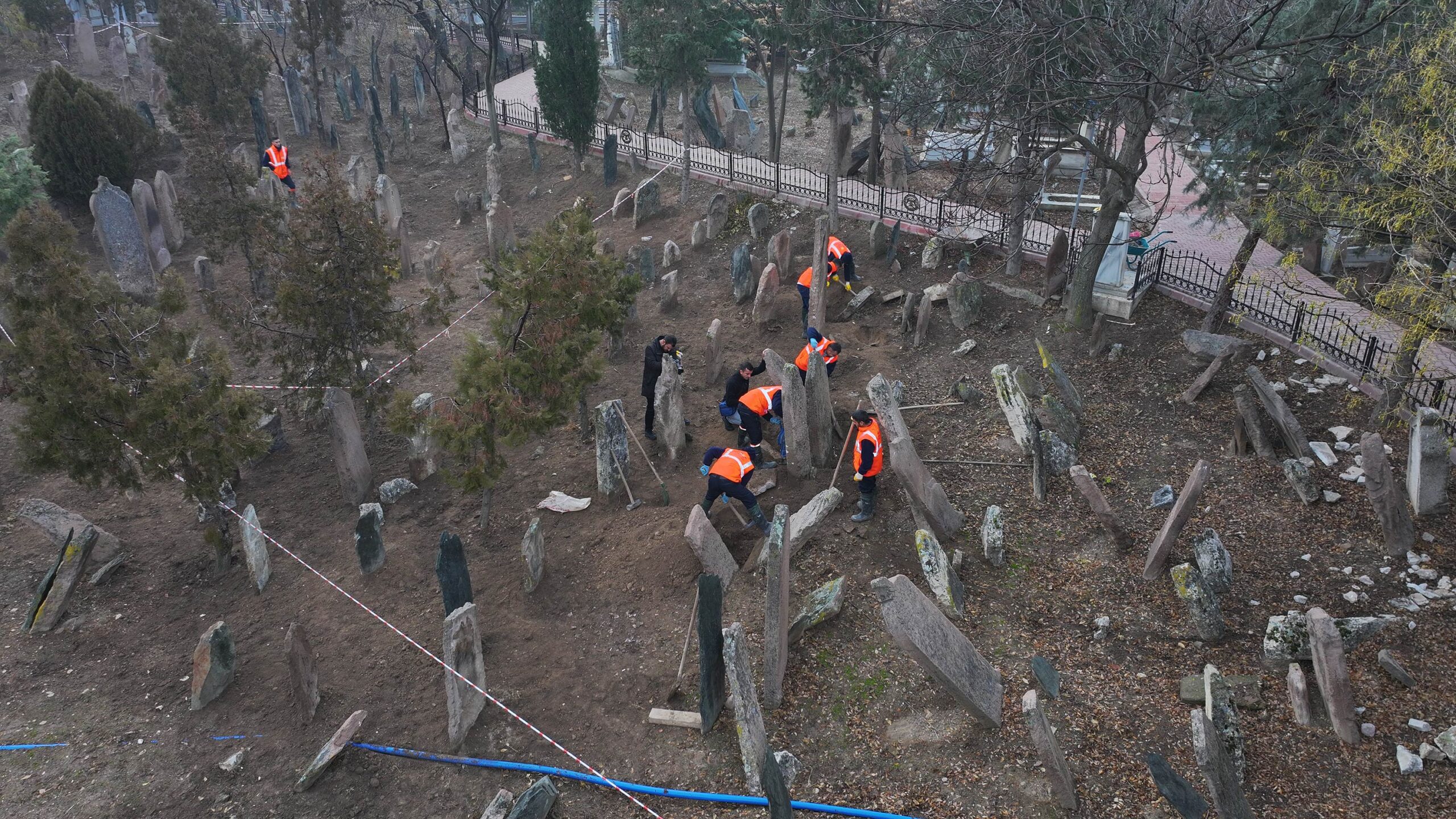
The tombstones in the Seljuk Cemetery in Konya are being restored
The historical tombstones in the Musalla Cemetery, one of the prominent Seljuk cemeteries in Konya, which served as the capital of the Anatolian Seljuks, are being restored. Musalla Cemetery is located in the central district of Selçuklu in Konya. Recently, new burial areas are not being permitted. The restoration of the historical tombstones in Musalla
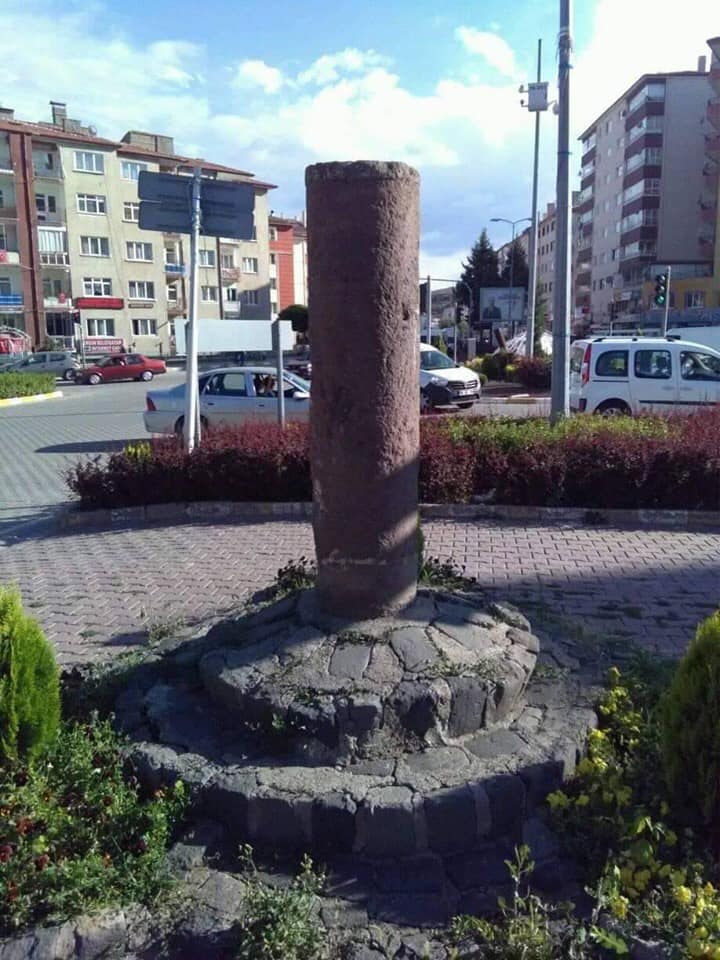
The Roman Embrace Stone, believed to grant wishes and bring healing
Embrace Stone, the symbolized structure of the small and charming city of Çankırı in Central Anatolia, has been a mysterious site that has captivated the curiosity of both locals and visitors for centuries. The heart-shaped hollow on its surface and the legends surrounding it have contributed to the stone’s mystical aura. However, it is quite
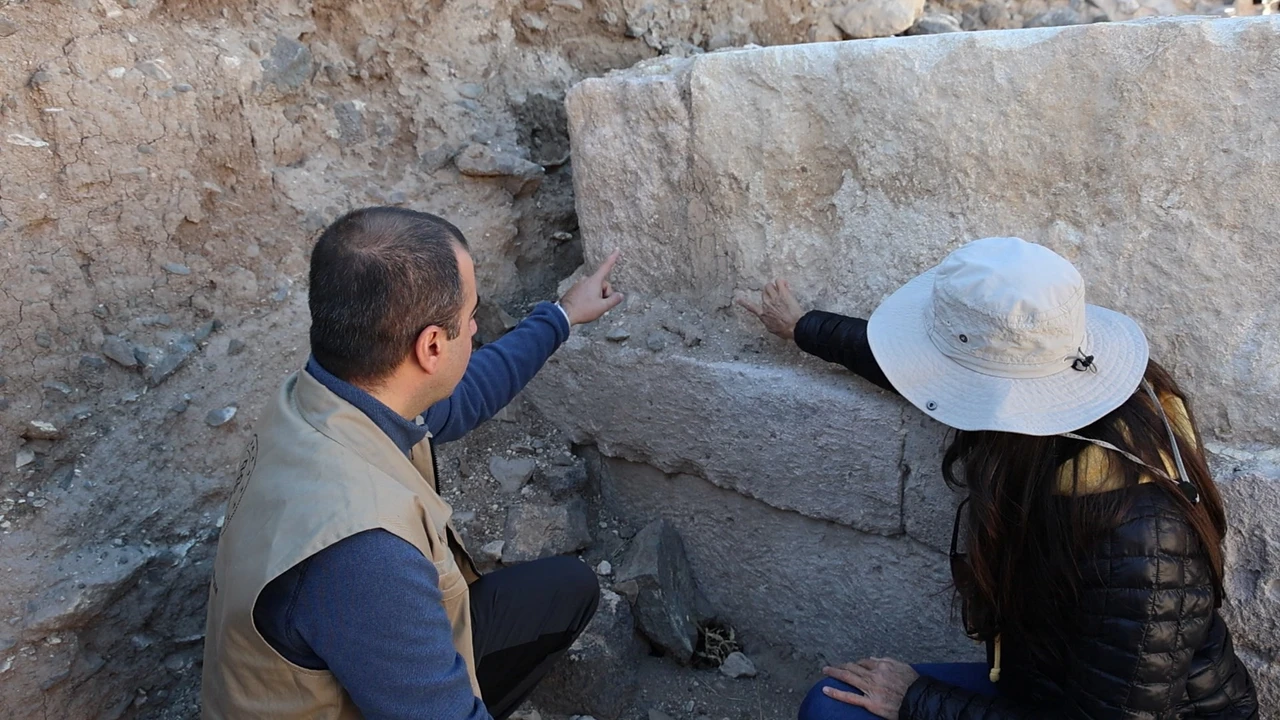
2,200-year-old fingerprints found in a burial chamber in Cappadocia
In Cappadocia, known as the land of beautiful horses, 2,200-year-old fingerprints were found during excavations in a burial chamber. Cappadocia is a region in the Central Anatolia Region of Türkiye, world-renowned for its unique natural and historical beauty. It is famous for its fairy chimneys formed by the erosion of soft tuff layers formed by

Scientists are examining the headless infant skeletons found in well graves in Savatra
Scientists have begun to examine the headless infant skeletons found in earthenware pots during the excavation work at the ancient city of Savatra in order to understand the lifestyle of the city during that period. The ancient city of Savatra is an important archaeological site located at the foothills of the Bozdağ Mountains in Konya,
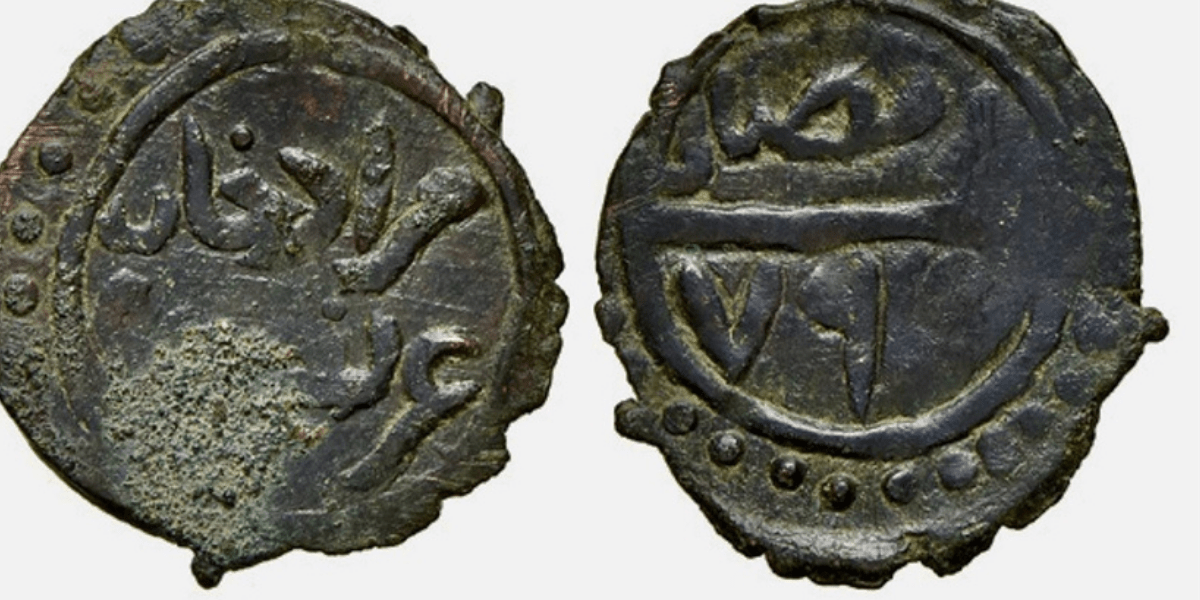
Bronze coins minted by Ottoman Sultan I. Murad for the month of Ramadan have been found at Karacahisar Castle
Bronze coins minted by Ottoman Sultan I. Murad for the important month of Ramadan for Muslims have been found at Karacahisar Castle, which is located in present-day Eskişehir province in Türkiye. I. Murad is the son of Orhan Bey and the first ruler to hold the title of sultan. He took significant steps to transform
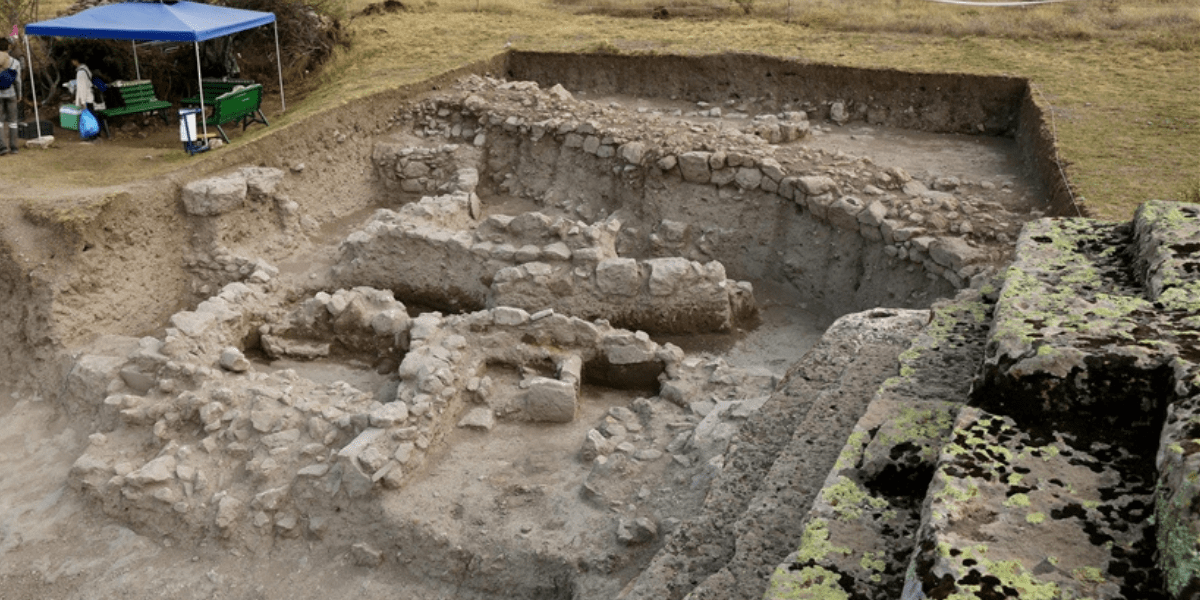
In front of the Frig altar, hearths and ovens dating back to the 7th century BC were found
In the excavations in front of the Phrygian rock altar within the Midas fortress attributed to King Midas of Phrygia, hearths and ovens dating back to the 7th century BC were found. Midas fortress is located in the Han district of Eskişehir, in the center of Türkiye. The fortress, built by the Phrygians in the
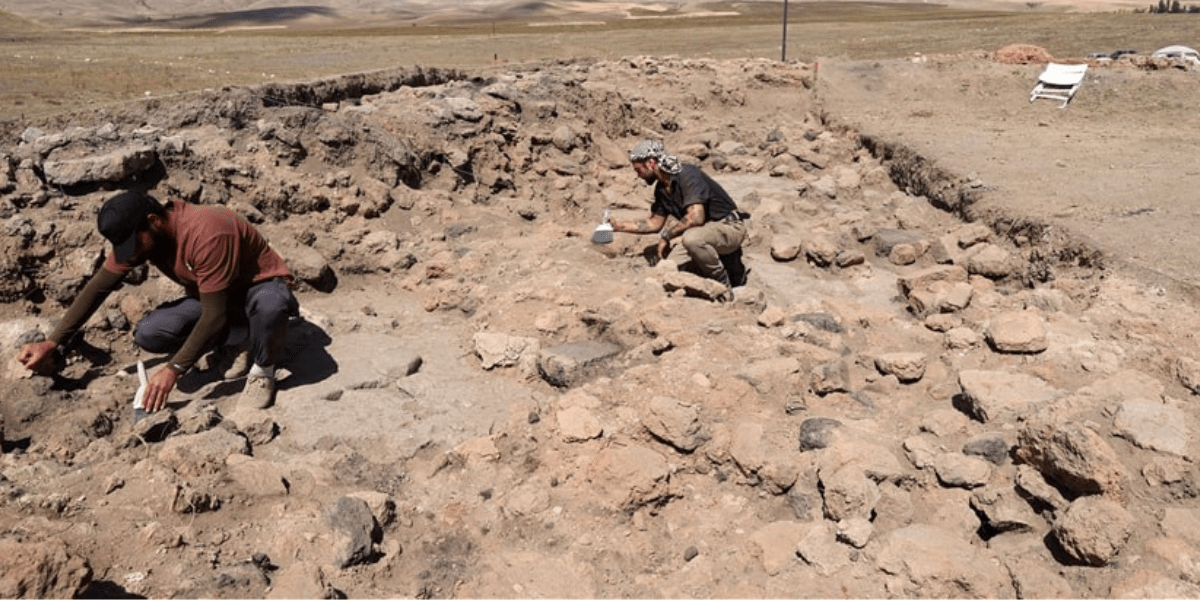
The history of the Hittite city of Šamuḫa has been traced back to the Paleolithic Era
Šamuḫa, known as an important center for the Hittites both religiously and militarily, is an ancient Hittite city located in Kayalıpınar, approximately 40 km west of Sivas within the borders of modern-day Türkiye. Situated on the northern bank of the Kızılırmak River, Šamuḫa served as a syncretic religious center for the Hittites. The excavation season,
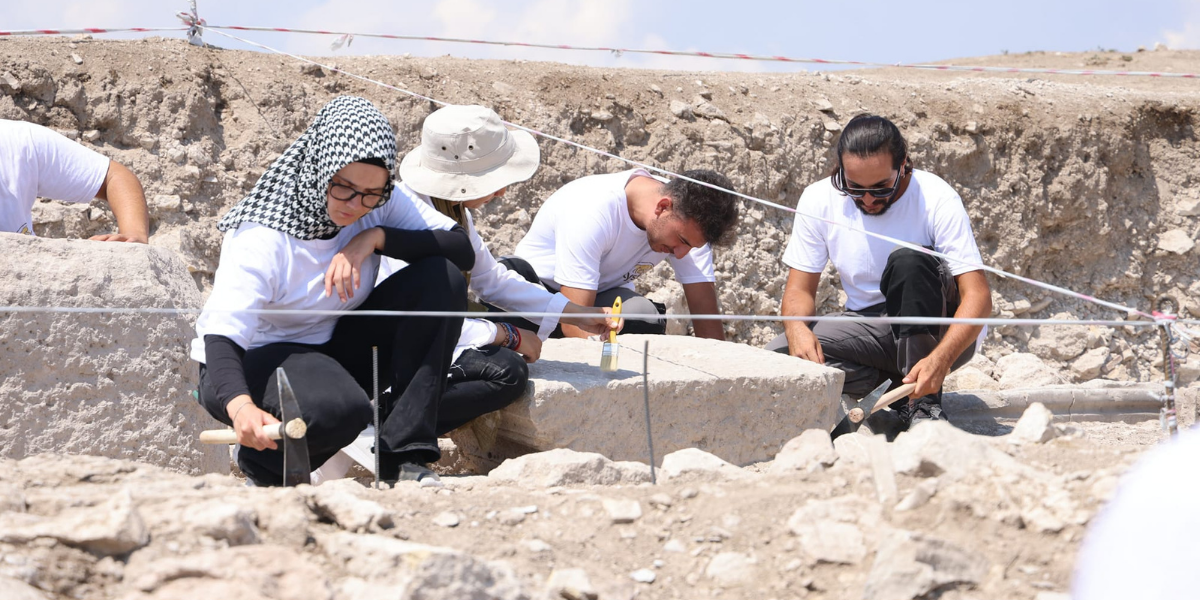
Archaeological excavations have started in the ancient city of Lystra, known as the place where St. Paul spread Christianity
Archaeological excavations have begun in the ancient city of Lystra, mentioned in the Bible as the place where St. Paul spread Christianity. Lystra Ancient City is located near Hatunsaray Neighborhood in Meram district of Konya. Excavation Head Assoc. Prof. Dr. İlker Mete Mimiroğlu said, “Lystra was visited by Saint Paul in the 1st century. After

